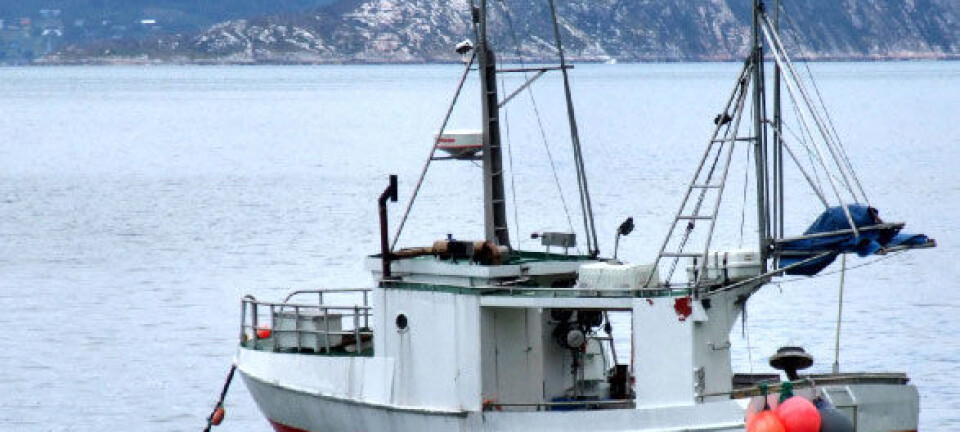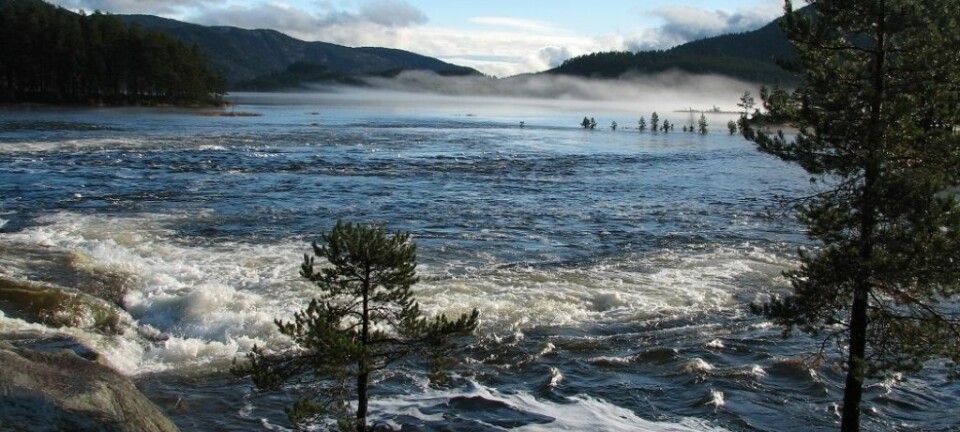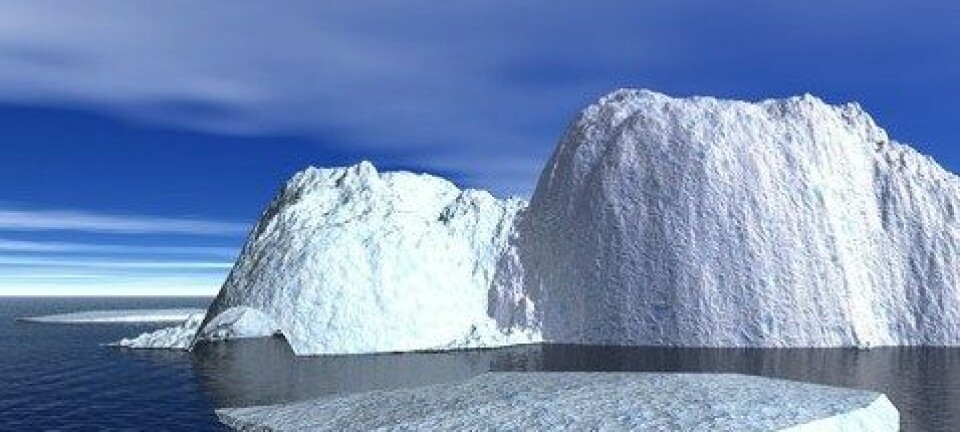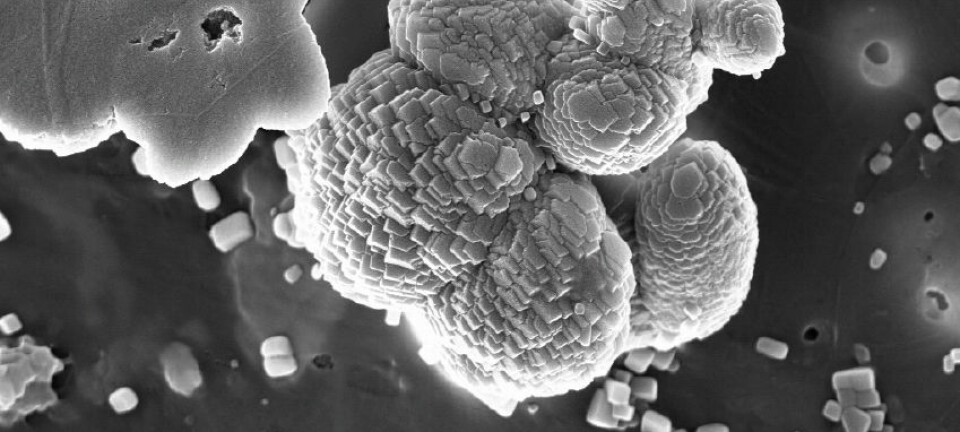An article from NIVA - Norwegian Institute for Water Research
Ocean acidification: yes, it’s serious
A new international report shows beyond doubt that ocean acidification is an issue of serious environmental and policy concern.
Denne artikkelen er over ti år gammel og kan inneholde utdatert informasjon.
As carbon dioxide in the atmosphere goes up, and there was a record-breaking increase in 2013, the pH of the ocean falls. That chemical response is unavoidable; what has been less certain is whether marine life will be affected.
Ten years ago, only a handful of researchers were investigating the biological impacts of ocean acidification: whilst their results gave cause for concern, it was clear that a lot more measurements and experiments were needed. Around a thousand published studies later, it has now been established that many marine species will suffer in a high CO2 world, with consequences for human society.
The report, published today, is called “An updated synthesis of the impacts of ocean acidification on marine biodiversity”.
It will be worse
Evidence for such effects has been brought together by the Convention on Biological Diversity (CBD), the United Nations body committed to the conservation and sustainable use of all forms of life on Earth.
An international team of thirty experts has concluded that ocean acidification is already underway ‒ and it is now near-inevitable that it will worsen, causing widespread impacts, mostly deleterious, on marine organisms and ecosystems, and on the goods and services they provide.
Among these experts is Dr. Richard Bellerby, researcher at the Norwegian Institute for Water Research (NIVA).
“A key feature of the CBD synthesis is that it acknowledges the complexity of biological responses to ocean acidification,” Bellerby says.
“Changes in ocean chemistry interact with other stressors, and we now know the importance of such factors as experiment length, temperature, and food supply in determining physiological and behavioural responses.”
Species lost forever
The exact magnitude of the ecological and financial costs is, however, still uncertain, due to complex interactions with other human-driven environmental changes.
Microscopic marine fossils show that global-scale ocean acidification has occurred before, due to natural causes, around 56 million years ago. The process then occurred about ten times more slowly; nevertheless, the species that became extinct were lost forever, and the recovery in ocean chemistry took around 100,000 years.
Wider attention
“At the end of the day, the only way to deal with ocean acidification is to reduce CO2 emissions,” Bellerby says.
“But for this to happen, people first need to be aware that ocean acidification is an important issue, and having it high on the CBD agenda is a huge step forward.”
The CBD report was subject to extensive peer review, with a near-final draft scrutinised by the 18th meeting of the CBD’s Subsidiary Body on Scientific, Technical and Technological Advice at Montreal in June. That body recommended that the report should be brought to wider attention, including referral to the UN Framework Convention on Climate Change, on account of the very close linkage between the future severity of ocean acidification and the global success (or failure) in reducing CO2 emissions.


































